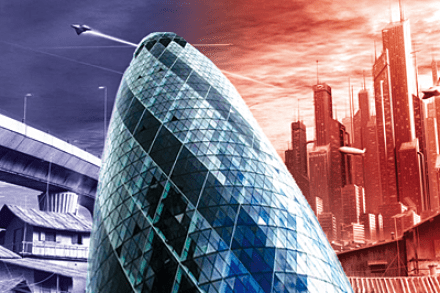Dishonesty begins not with the poor but with the powerful
Are people less honest than they used to be? Most would say, bitterly, yes. But it depends on what happens to you. I once carelessly dropped a £10 note in Uxbridge High Street. An urchin ran after me and triumphantly handed it to me. He seemed delighted to do me a service and adamantly refused the coin I offered him as a reward. On the other hand, the celebrated malapropist judge, William Arabin (1773–1841), is often quoted as saying of the citizens of Uxbridge, ‘They will steal the very teeth out of your mouth as you walk through the streets. I know it from experience.’What is annoying about being robbed



